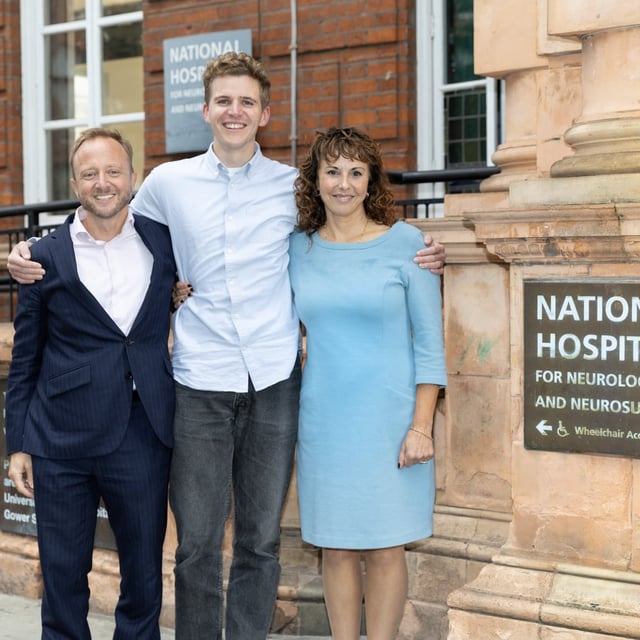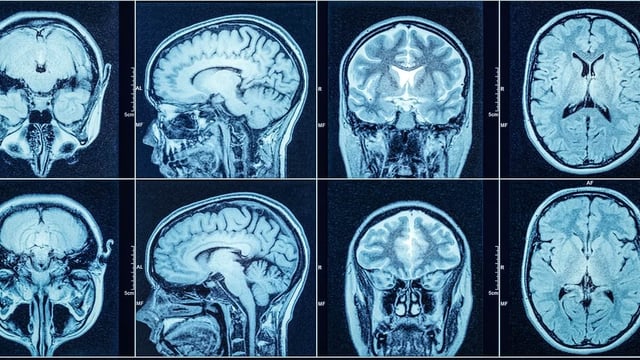Overview
- UniQure reported that 29 participants treated with AMT-130 showed about a 75% reduction in clinical decline at 36 months versus the expected course of disease.
- The therapy uses an AAV vector to deliver a microRNA that lowers mutant huntingtin, infused into the caudate and putamen during 12–18 hours of MRI-guided neurosurgery.
- Investigators said cerebrospinal-fluid neurofilament levels were lower than baseline, a biomarker pattern consistent with reduced neuronal injury.
- Inflammatory reactions linked to the viral vector caused headaches and confusion in some patients but resolved or responded to steroids, with overall tolerability described as acceptable.
- UniQure plans to seek US approval in the first quarter of 2026, while experts warn that high costs and complex surgical delivery could limit access, and prevention trials in presymptomatic carriers are being prepared.


